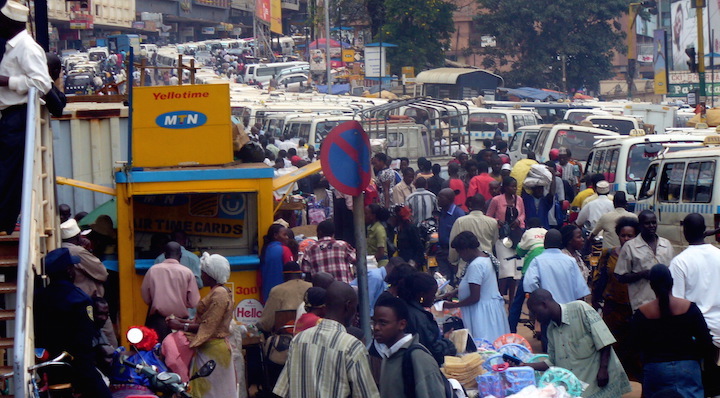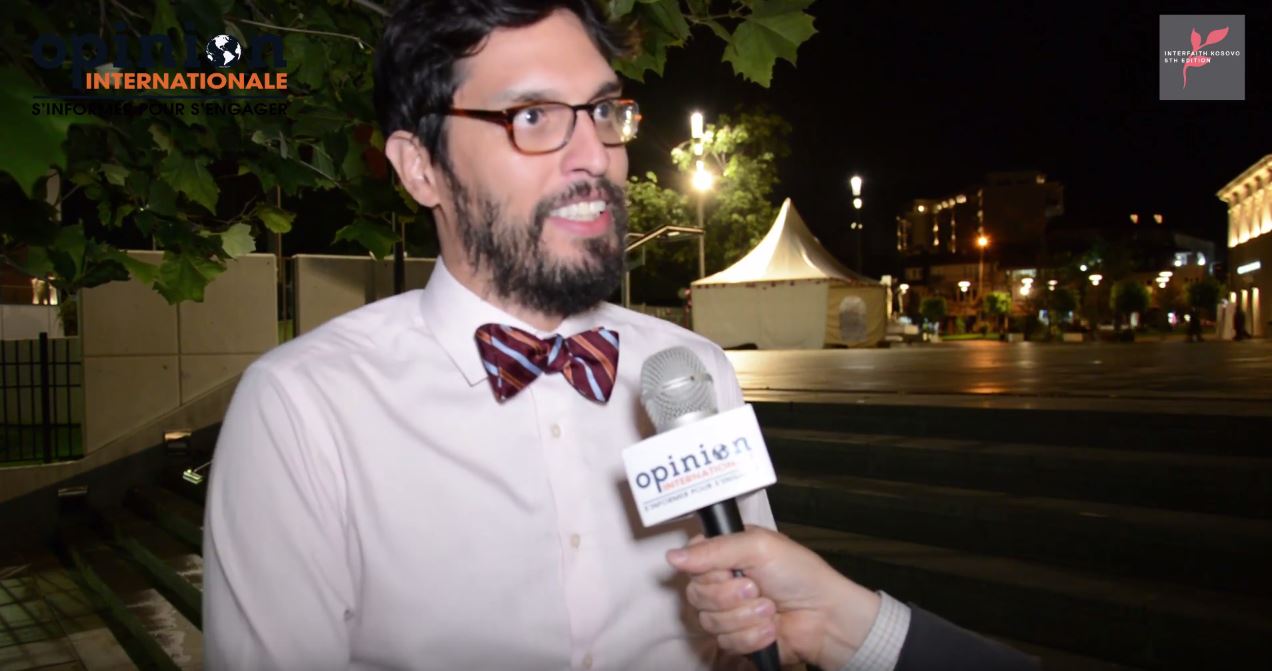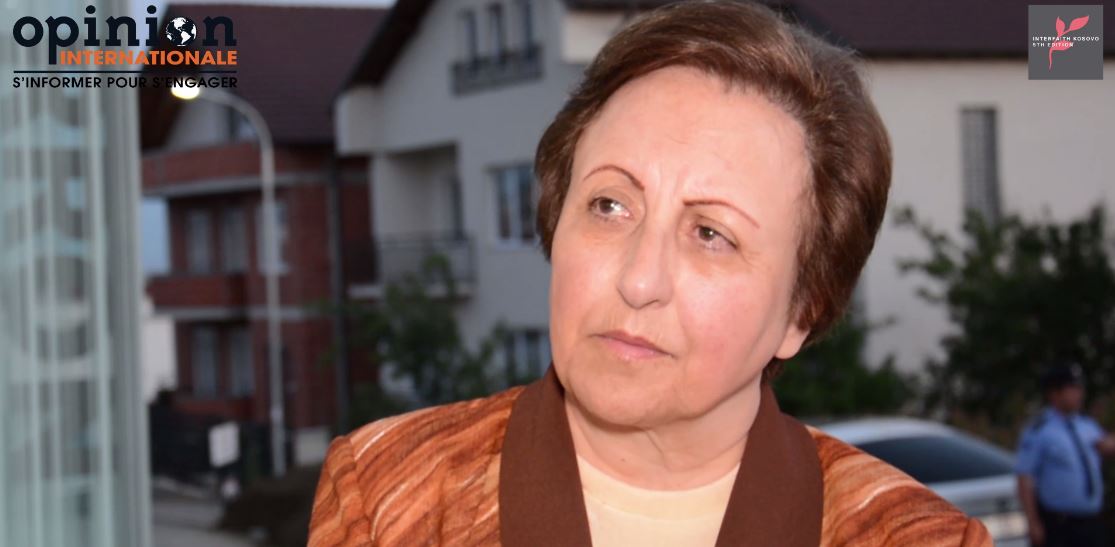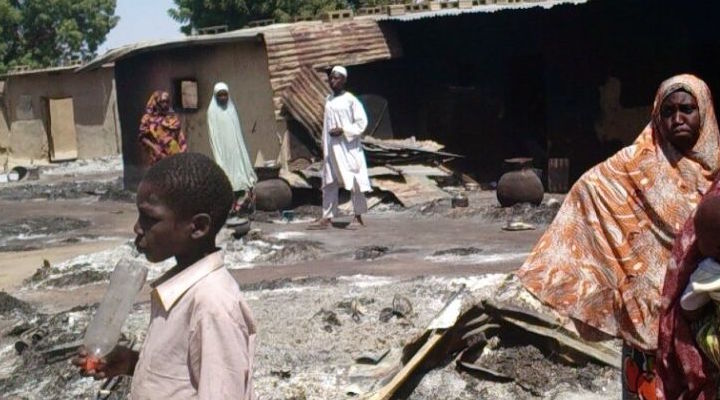From the onset of the technical wing of the Kampala Capital City Authority, KCCA under Ms. Jennifer Musisi as Executive Director, rapid structural adjustments of both the infrastructure and labour force arrangements in Kampala, the Ugandan Capital City have taken many Ugandans by surprise. However, if everyone understands the need for a clean and organized city with minimal congestion, the price to pay raises crucial issues : unemployment of the less educated, increased poverty and worse, continued reports of abuse of human rights particularly due to the “harassment” of informal vendors and hawkers.
Ms. Jennifer Semakula Musisi, a Ugandan lawyer and public administrator who was appointed to the position by President Yoweri Museveni on 15th April 2011 and reappointed on 27th February 2014 has spearheaded the massive developments since.
For instance, the major roads leading in and out of the city are better drained and lit with new streetlights eliminating the possibilities of roadside robberies that were common in Kampala city to a great extent.
The re-organization of one-way streets and junctions in the busy city also saw the reduction in road accidents and is partly to credit for the report that there were no road accidents in Kampala over the just concluded festive season despite the excitement and largely increased movement as was reported by the Police Department on media houses in the report to the public.
However human rights is the centre of debate in the national legislature and discussions amongst the population pertaining to the rapid growth of the city.
At the top of the list of numerous citations is the beating of civilians by law enforcement officers whose number now stands at 334 as stated by security minister Muruli Mukasa when appearing before Parliamentarians on the human rights committee in December last year.
Before the second half of 2014 the “harassment” of vendors and hawkers had gone largely unnoticed under the shadow of the resulting developments in Kampala until many began to suffer major injuries and in some cases death
Among them is the death of 18-month-old Ryan Ssemaganda who was run over by one of the KCCA vehicles in November last year after his 22-year-old mother had been arrested a day earlier for hawking oranges in Kampala.
In a city like Kampala which is host to over 2,000,000 people daily, hawkers, who constitute the larger population of sole proprietors from the outskirts of the city were making a living off of selling their merchandise to tourists, the elite and all social and economic classes of people without having their profits limited by rent costs and above all transport and taxes.
Notices to occupants of road reserves and areas targeted for massive construction as per the plans of the Authority were issued early in the year 2014 and sparked debate at different levels including the Parliamentary committee on tourism, trade and industry which requested KCCA to avail streets for the hawkers to use as selling areas.
But since in political settings rational choices depend on preferences and beliefs of individuals, the diverse cultures and lines of business in Kampala are not placed above the need for a clean and organized city with minimal congestion and this has raised unemployment of the less educated and increased poverty.
A clear example of loss of work is the 10 times and more increment in market place rent for individual traders.
The items that majority traders in Ugandan markets deal in include fruits and other agricultural products like tomatoes and the rent for the respective spaces was at 10,000 to 20,000 shillings per month in Wandegaya market before it was transformed from a market with wooden and iron sheet structures to a modern storied building where a room is between 200,000 to 300,000 shillings per month.
The only option left for the traders who were eliminated by the rent costs was to move to markets further away from Kampala which already had their own occupants or undertake hawking on the streets of Kampala.
Though common to many cities in Africa for the low costs of operation and zero expense on rent, the hawking business on the streets of Kampala was halted by the KCCA run by Ms. Jennifer Musisi.
In a city looking forward to a Ugshs. 500 Billion shillings World Bank loan in this year 2015 having accomplished reconstruction of 14.6 Km of roads and made repairs and overlay on 47.9 Km of road and also upgraded 27.45km from marrum to tarmac, a new confusing question arose between the Mayor and the Executive Director and that is, “Who is to be credited for the rapid development of Kampala city?”
This contest saw the Mayor “removed” from office due to an impeachment by city councilors an grounds of what they referred to as incompetence and abuse of office, which the Mayor who has not been in office since denies and considers as a move by supporters of the Technical KCCA wing under Ms. Jennifer Musisi.
Ms.Musisi, the former State Attorney with the Directorate of Public Prosecutions and former Commissioner of Legal and Board Affairs at the Uganda Revenue Authority is now faced with the challenge that still remains with continued reports of abuse of human rights by the KCCA law enforcement assistants and conflict over the relevance of the office of the Lord Mayor Mr. Elias Lukwago arising from conflicting views regarding the roles of the political wing and technical wing in running Kampala city, a major business hub in East Africa for millions of African businessmen.
The city that is being rapidly upgraded and organized is achieving the targeted levels at the cost of political stability and cooperation amongst authorities and what many of the poorer city dwellers – the very ones working to “re-build” Kampala – consider as abuses of human rights and harassment.





































